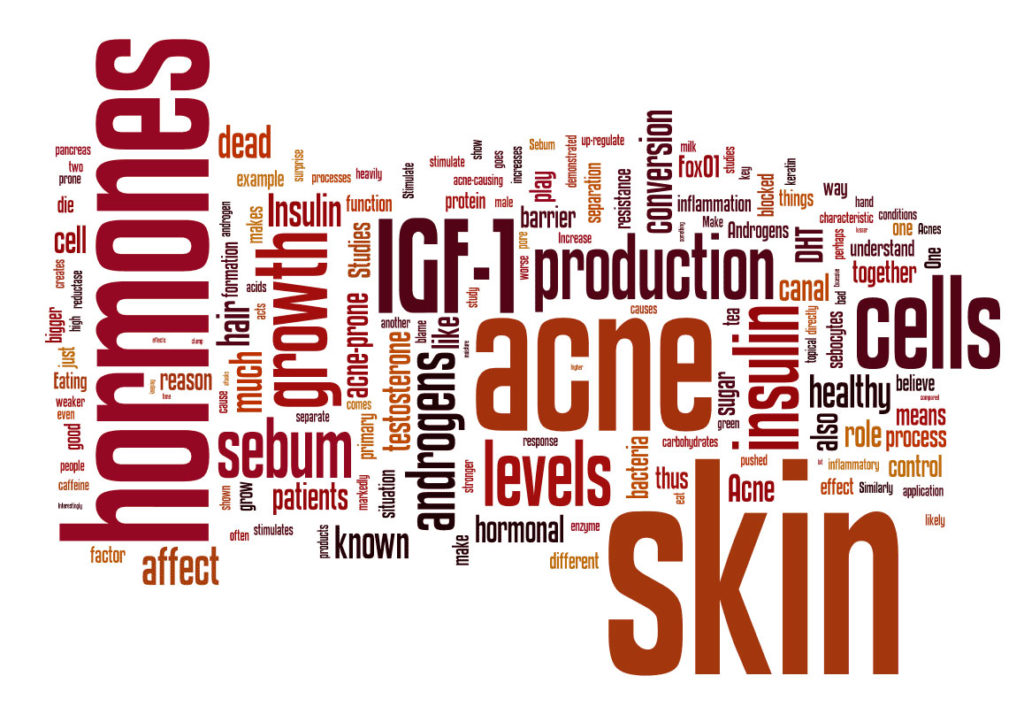The brain is about 2% of our body weight but consumes 20 – 40% of our metabolism. Every single minute your heart is beating, almost a litre of blood passes through your brain to provide it with nutrients and oxygen. That means approximately 60 litres of blood every hour! Our brains are working 24/7, even while we are sleeping, it keeps our hearts pumping, our lungs breathing, it is the command centre that controls all the functions of our body. There are approximately 100 billion nerve cells in our brains that need to be kept healthy.
The hippocampus is the part of the brain associated with memory. In Alzheimer’s disease, the hippocampus begins to lose cells, causing it to reduce in size. The first sign of Alzheimer’s is memory loss. Stress and depression are also associated with the loss of cells in the hippocampal region and an inability to generate new cells. A recent study has shown that a typical Western diet (i.e. high in processed foods and low in nutrient-rich foods) is associated with a smaller hippocampus. One in five New Zealanders struggle with mental health problems and it is increasing.
Studies are now coming out showing that Western diets may be associated with higher incidences of ADHD. Other studies are showing that what the mother eats during pregnancy can affect the mental health of her unborn child. Our brains are nutrient hungry organs and need both variety and volume of nutrients to function optimally.
An exciting new field of research called nutritional psychiatry is showing some very promising results as they study of the effect of nutrients on mental health. We need to eat foods that are unprocessed and high in vitamins, minerals, antioxidants and essential fatty acids like omega 3s to protect our brain health.
Food matters: it is how we obtain all the nutrients we need to protect our health and ensure that our bodies function properly. It’s not just about what we are eating, but also what we are not eating and what nutrients we are missing out on that is significant.
Some of the key nutrients to keep our brains healthy and working well are B vitamins (especially vitamin B12), folate, omega 3 fats (mainly EPA and DHA) and vitamin D from the sun. Minimising processed foods that are high in sugar and unhealthy fats is also important, as these can have a negative effect on brain health.

Nutritionist and Health Coach for Dr Kathleen & Team
(BSc Human Nutrition and Sports Science, Massey University, Auckland)
Member of the Nutrition Society of New Zealand




